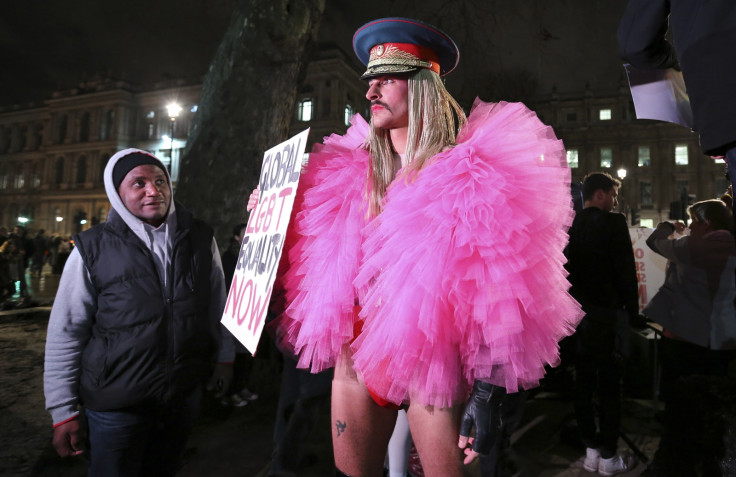Russia bars transsexuals and transvestites from driving
People seen as having 'sexual disorders' banned from driving for 'medical reasons'

People judged by Russia to have "sexual disorders" have been banned from driving in the country for "medical reasons" under the latest road safety regulations.
The Russian government says it is tightening medical controls for drivers because the country has too many road accidents.
The move was criticised by human rights activists as unconstitutional and could inflame even further the hostile climate for the lesbian, gay, bisexual and transgender (LGBT) community in Russia.
"The new Russian rules banning people from driving because of their gender identity are ridiculous and unlawful," Nils Muižnieks, human rights commissioner for the Council of Europe, said in a Facebook message posted on Friday.
According to Reuters report he asked Russian authorities to "immediately amend the rules to remove this ban".
The new regulations also include fetishism, exhibitionism and voyeurism as "mental disorders" which will prevent people from driving. "Pathological" gambling and compulsive stealing are also on the list.
The government's resolution was signed by Prime Minister Dmitry Medvedev and dated 29 December. It lists many medical conditions, including "mental and behavioural disorders" defined by the World Health Organisation, that the government believes disqualify a person for a driving
It lists many medical conditions, including "mental and behavioural disorders" defined by the World Health Organisation, that the government believes disqualify a person for a driving license.
However, this is disputed by WHO. "That is certainly not the intent of WHO's classifications," said Shekhar Saxena, director of WHO's mental health department. He said they were meant to lead to more reliable diagnosis, so "for example, when someone is diagnosed with a disease in Germany, they would get the same diagnosis in France".
The WHO classification contains "gender identity disorders" such as transsexualism and "disorders of sexual preference" including fetishism and voyeurism.
The organisation has been under considerable pressure for years to change their classification of transgender people as mentally ill, and is currently revising its International Classification of Diseases from 1994. The revised version is due in 2017, according to the WHO website.
Human Rights First activist Shawn Gaylord said in a statement that the rule change "leaves the door open for increased harassment, persecution and discrimination of transgender people by Russian authorities".
The Association of Russian Lawyers for Human Rights called the new legal ruling "discriminatory". It said it would call for clarification from the Russian Constitutional Court and request support from international human rights organisations.
© Copyright IBTimes 2025. All rights reserved.




















